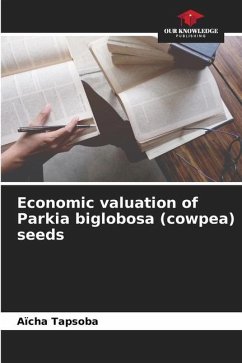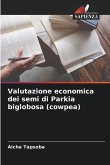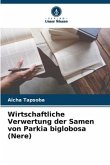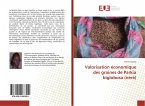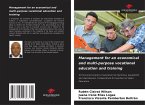Burkina Faso, a Sahelian country with a dry tropical climate, has about 86% of its population living from agriculture. However, the deterioration of climatic conditions is one of the factors that is leading this population to make greater use of forest products, especially non-timber ones. Long neglected, these non-timber forest products now contribute significantly to the well-being of the population and to the national economy in Burkina Faso. This is the case of "soumbala", a product derived from Parkia biglobosa. This spice, which is derived from the fermentation of its seeds, is characterised by small-scale processing with low economic returns, which forces the emergence of a "soumbala sector" structured around quality and environmental standards. The analysis of sustainable economic development of soumbala based on documentation and interviews with resource persons revealed shortcomings in the organisation of the exploitation of Parkia biglobosa and in the process of transforming its seeds into soumbala. In light of this, the value chain, certification and conservation approaches were analysed.
Bitte wählen Sie Ihr Anliegen aus.
Rechnungen
Retourenschein anfordern
Bestellstatus
Storno

